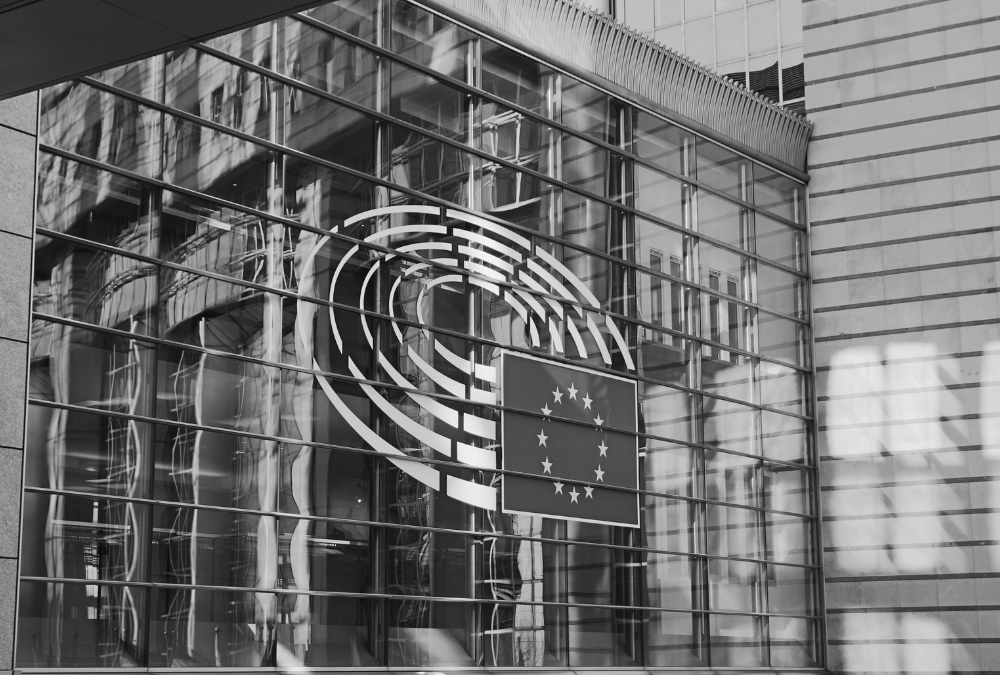Following last week’s submission of a draft motion for a resolution calling for the removal of fossil fuel projects from a list of potential funding beneficiaries – including projects like Malta’s own Melita TransGas pipeline, which is linked with the corrupt Electrogas project and the assassination of Daphne Caruana Galizia – the European Parliament’s Energy and Industry Committee has nonetheless approved the full list of projects, solidifying the prospect of a decades-long lock in on fossil fuel investments at a time when the world is facing an unprecedented climate crisis.
Last week’s draft motion effectively amounted to a vociferous objection from the EU Parliament’s Greens/EFA group, an objection which was filed on the grounds that list’s inclusion of fossil fuel projects would go directly against the EU’s climate change goals and that projects linked with corruption and war remained on the list of projects which, in order to qualify for funding, should be “of common or mutual interest” to European energy infrastructure.
Today’s vote within the Committee amounts to its final verdict on the list of projects which is formally known as the 6th PCI list (Projects of Common Interest). Eleven members of the Committee voted in favour of the removal of the fossil fuel projects on the list, while 50 members – composed largely of Conservatives, Liberals, and a majority of S&D members – voted against the objection. Two members of the Committee abstained.
The list will now face a vote in a plenary session within the European Parliament, with the Greens group confirming that it will again table a motion of objection when the session occurs in March.
In a brief press statement published shortly after the Committee’s vote, Greens/EFA vice-president Marie Toussaint, who had spearheaded the objection herself, said that “we are outraged by the Commission’s proposal, which not only flies in the face of the climate emergency, but also risks fueling war in the Middle East via the implementation of the EastMed pipeline and supporting the alleged murderer of journalist Daphne Caruana Galizia via the implementation of the Melita TransGas pipeline.”
As previously explained in this website’s in-depth piece about the motion last week, the Melita TransGas pipeline, which will transport up to 1.2 billion cubic meters of gas per year from Italy to Malta, will also lead to massive profits for the shareholders of Electrogas, the same private consortium that counts alleged murder mastermind Yorgen Fenech among its shareholders.
Meanwhile, the EastMed, a gas pipeline linking the Levantine basin to Europe, would become the longest pipeline in Europe, and would go through the eastern part of the Mediterranean, including within disputed waters between Israel and Gaza as well as disputed territory within Cyprus, which is divided into the Republic of Cyprus and the Turkish Republic of Northern Cyprus.
“These two projects alone, EastMed and Melita, should have convinced our colleagues to reject this list. But it seems that Conservatives, Liberals and a majority of S&D members are still putting support for the fossil fuel industry ahead of the social, climate and peace imperatives that should be the European Union’s priorities,” Toussaint continued.
“At a time when austerity is making a comeback in Europe, despite the considerable need for investment in the ecological and energy transition, we deplore the fact that public and private resources are still going up in smoke in support of climate-changing fossil fuels,” she added.


